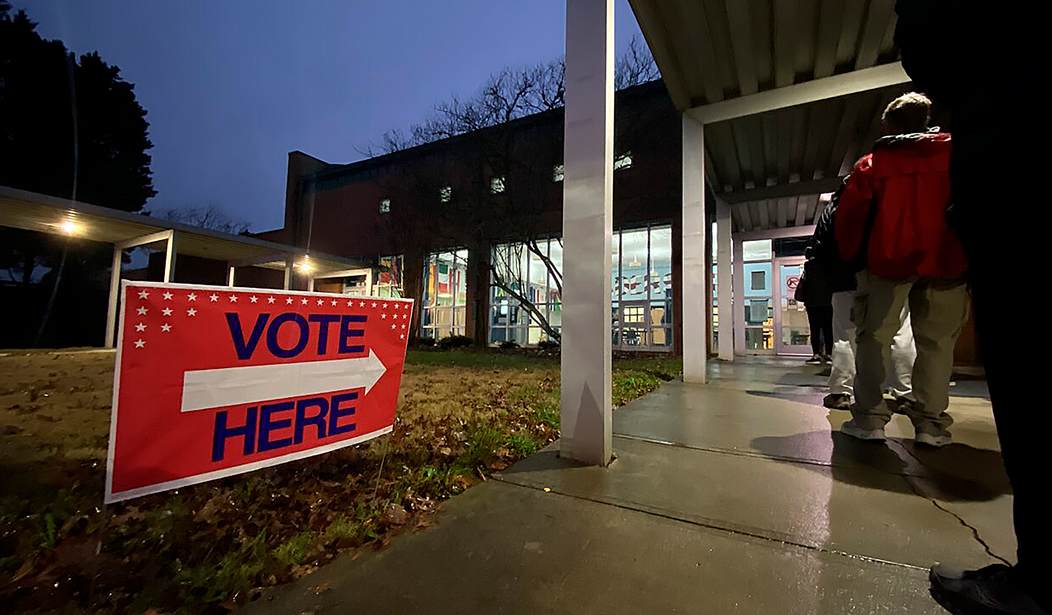It’s not a conspiracy theory, nor is it right-wing hysterics: our elections are vulnerable to cyber-attack. It’s hilarious that when we say it, we’re crackpots, though Democrats have been whining about Russian interference since 2016. Democrats still have a healthy slice of the party that feels to this day, despite it being debunked as an FBI election interference operation, that the Kremlin tilted the 2016 race and Trump is a KGB agent. It’s why the Russian collusion nonsense still has legs in the media—there are enough morons who continue to think it’s real. Myths aside, a hackers' convention exposed glaring vulnerabilities in our election system this year. The good news is that we know where the problems are; the bad news is that we can’t do anything about it until after the election (via Politico):
Uhh … what? Let’s use paper ballots! https://t.co/7jZ7UPc1AI
— Elon Musk (@elonmusk) August 13, 2024
Some of the best hackers in the world gathered in Las Vegas over the weekend to try to break into voting machines that will be used in this year’s election — all with an eye to helping officials identify and fix vulnerabilities.
The problem? Their findings will likely come too late to make any fixes before Nov. 5.
In one sense, it’s the normal course of events: Every August, hackers at the DEF CON conference find security gaps in voting equipment, and every year the long and complex process of fixing them means nothing is implemented until the next electoral cycle.
But Election Day security is under particular scrutiny in 2024. That’s both because of increasing worries that foreign adversaries will figure out how to breach machines, and because President Donald Trump’s unsubstantiated allegations of widespread fraud in 2020 undermined confidence in the vote among his supporters.
As a result, many in the election security community are bemoaning the fact that no system has been developed to roll out fixes faster and worrying that the security gaps that get identified this year will provide fodder for those who may want to question the results.
The controversy surrounding the 2020 election hasn’t gone away. Biden quitting the race has only enhanced the skepticism that this dementia-ridden, unqualified, uncharismatic, and cantankerous old man got 81 million votes in the last election. There were also unilateral changes to the in-person voting method, which were retroactively ruled illegal by the courts in Pennsylvania and Michigan, two states that, at the time, had Republican legislatures. The Democratic secretaries of state knew it would never pass but used the COVID pandemic to enact unilateral decrees to tilt the scales. Let’s say it wouldn’t shock me if, years from now, we learn that there was enough funny business to give Democrats the win. Trump only needed fewer than 50,000 votes across three states to win. You’re telling me there’s no window here. Please.
























Join the conversation as a VIP Member